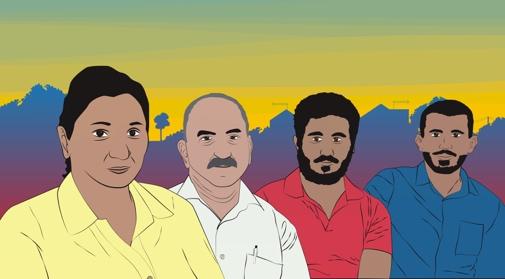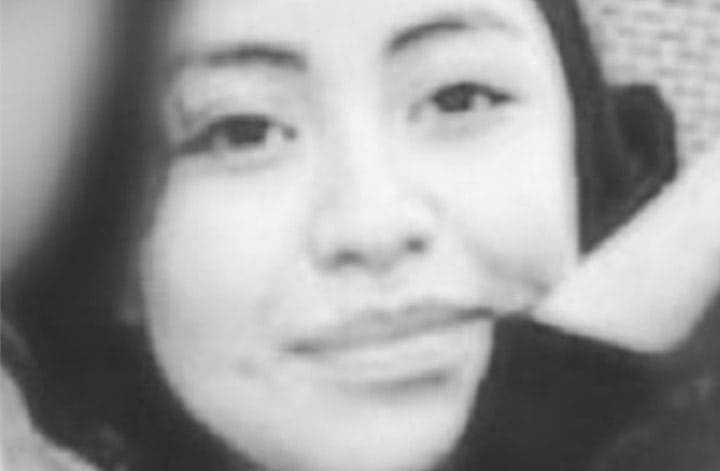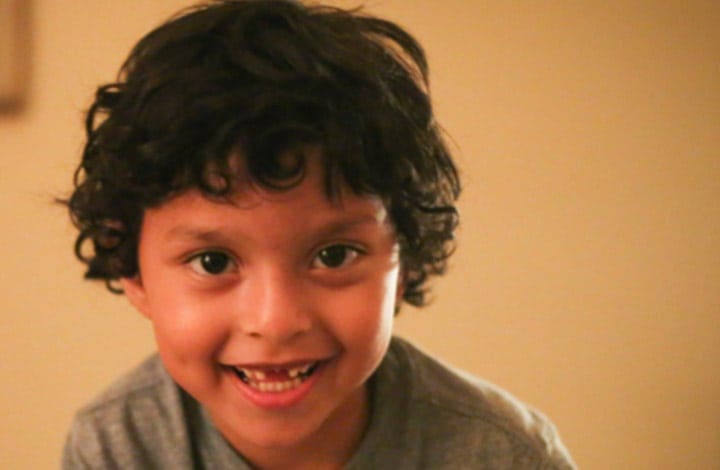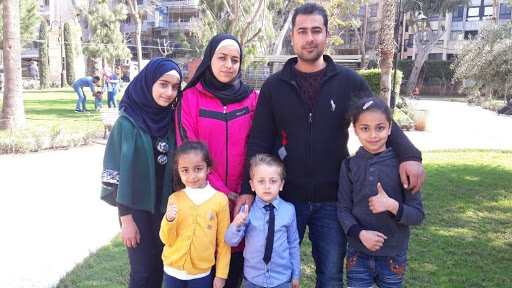We all want to live in a world where we look after each other, and everyone is treated with dignity, respect, and fairness.
Those seeking safety want the same thing any of us would want if we were in their shoes. Together, we can respond with compassion and respect for the people who arrive at our borders. Join us.
Amnesty in action: CHANGING LIVES & POLICIES
ThE CAMPAIGN
Amnesty International is the world’s largest human rights grassroots movement offering research, government advocacy, human rights education and activism to change the narrative so everyone can live free of violence and fear.
- We conduct research that shines a light on why people are fleeing and what they experience trying to find safety. This research helps lawyers win individual cases and helps spark legislative reform. Read our groundbreaking reports on refugees and asylum-seekers.
- We campaign on behalf of individuals and asylum-seekers worldwide to secure their safety and freedom. Take action in urgent actions today.
- We mobilize grassroots activists to change policies and laws in the United States. Take action to welcome refugees in the U.S. by:
Statistics
25.9 Million
Total number of refugees in the world
More than 50%
Proportion of refugees worldwide who are under the age of 18
1%
Less than 1% of refugees will ever have access to resettlement as a durable solution
18,000
Number of refugees the U.S. may admit in 2020, as determined by President Trump
850,000
Number of people who signed Amnesty International’s petition to the U.N. demanding that countries do more to help refugees













